Essential Oils For Itching: How To Use, Risks, & Safety Tips
A list of the best oils to instantly soothe irritated skin and offer temporary relief.

Image: Shutterstock
Your skin may itch due to several reasons like hives, bug bites, allergies, and dry skin. Most often, we end up scratching the area and worsening the condition. However, we have a remedy – there are several essential oils for itching that work instantly for fast relief. These natural remedies contain the plant’s essence and have anti-inflammatory and antibacterial properties to relieve itching.
Though they may not cure the itching, especially if it is due to an underlying skin condition, they may calm it up to an extent. This article explains how home remedies with essential oils help relieve itching and ways to use them. Keep reading.
In This Article
Causes Of Itching
Itching, also called pruritus, is a sensation eliciting the desire to scratch the skin due to the activation of nerve endings in a specific area. This sensation is commonly caused by:
- Dry, dehydrated skin
- Insect bites or infections
- Allergic reactions to skin irritants like chemicals, plants, and fragrances
- Itchy skin conditions like eczema and psoriasis
- Symptoms of underlying conditions like advanced kidney disease
The anti-inflammatory and antimicrobial properties of some essential oils are believed to soothe skin itching in certain conditions. In the following section, we shall take a look at a few such essential oils and understand how they work.
Key Takeaways
- Peppermint, chamomile, tea tree, and lavender oils are some of the many essential oils that can soothe itching.
- These oils have antimicrobial, anti-inflammatory, and healing properties that relieve itching and irritation.
- Dilute these essential oils with a carrier oil, like coconut oil or olive oil, before applying them to your skin.
- Essential oils may cause certain side effects like breathing issues, headaches, nausea, and hives.
14 Best Essential Oils For Itching
1. Peppermint Oil
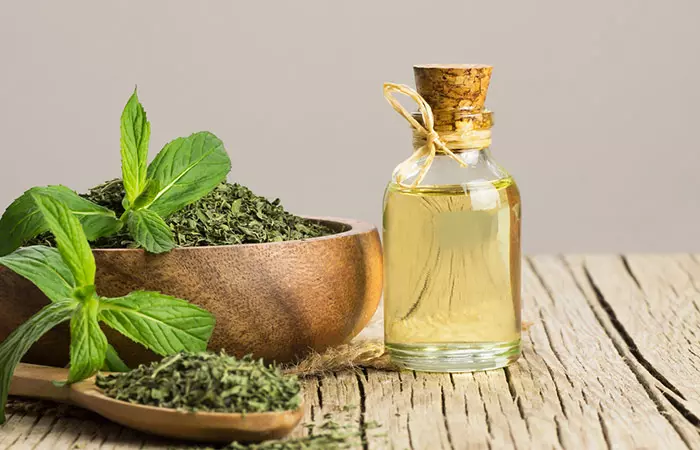
Peppermint oil is effective in relieving chronic pruritis – itching that persists for over six weeks. Studies found that peppermint oil in 0.5% concentration mixed with sesame oil reduced the severity of the itch in two weeks (1). This essential oil is not only a good home remedy for skin itching but may also treat inflammation and redness.
2. Chamomile Oil
Roman chamomile oil is used in cosmetic products for its skin-soothing and softening effects. It is often used in traditional medicine for its anti-inflammatory and wound healing properties. It can relieve skin irritation, bruises, and bacterial infections that may cause skin discomfort and itching (2).
3. Tea Tree Oil
It is a strong antimicrobial and anti-inflammatory agent and is known to soothe and heal acne. Tea tree oil effectively reduces dandruff and scalp itchiness and is a part of traditional medicine to relieve skin discomfort, heal wounds, and soothe rashes and insect bites. It is quite popular as a cosmetic ingredient and is found in many topical skin care products and ointments (3).
 Trivia
Trivia4. Lavender Oil
Lavender oil is effective against a wide array of skin issues, such as abscesses, blisters, boils, bacterial infections, burns, cuts, eczema, dermatitis, fungal infections, insect bites, skin inflammation, stings, psoriasis, rosacea, and wounds. It is quite effective against S. aureus bacteria, which cause acne, boils, and folliculitisi A common skin condition where the hair follicles get inflamed or infected and cause itching, pain, hair loss, and pimples. . These skin conditions are known to create itching on the skin in varying degrees (4). This essential oil for eczema can also be used for aromatherapy.
5. Frankincense Oil
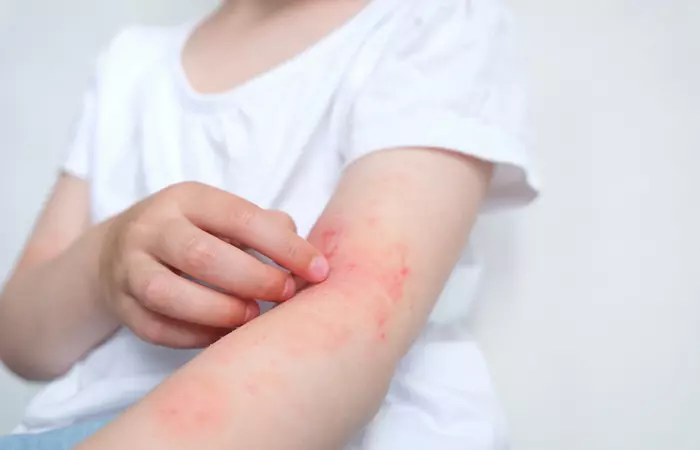
Frankincense oil works as a healing agent for problematic skin. It can relieve dry and damaged skin, minimize wrinkles, and soothe acne, skin discomfort, and itching caused by dermatitis, psoriasis, eczema, and other fungal infections (4).
6. Helichrysum Oil
This oil promotes skin cell regeneration and soothes damaged skin, eczema, sores, and inflammation. It relieves itching and other inflammatory skin conditions like dermatitis, rosacea, and psoriasis (4).
Julie, a blogger, shared how she applied a blend of helichrysum, frankincense, and lavender essential oils mixed with coconut oil on her 13-year-old son covered in hives. She wrote, “This did bring some relief. I reapplied it several times that day. On Tuesday the bumps looked better. There was less redness around the hives (i).”
 Trivia
Trivia7. Eucalyptus Oil
Eucalyptus oil is used in wound dressings to reduce the risk of infections and promote healing. It has antiseptic, antimicrobial, and anti-inflammatory properties and can soothe acne (4). Eucalyptus is also used in traditional remedies to relieve itchiness caused by bug bites and allergic reactions.
8. Geranium Oil
Geranium is a flowering plant that belongs to the Pelargonium species. The essential oil extracted from the plants of this species has antibacterial and anti-fungal properties. It is effective in minimizing wound healing and soothing acne by reducing bacteria proliferation. It can heal cracked skin, dermatitis, eczema, psoriasis, and rosacea and regulate sebum production. It is best suited for mature and dry skin (4).
9. Lemongrass Oil

Lemongrass plant is a natural insect repellant. Its leaves and extracts are widely used to soothe insect bites and itching caused by rashes and allergic reactions. It has anti-inflammatory properties, and it can regulate excess sebum production and relieve fungal infections and acne(4).
10. Bergamot Oil
A study found that applying bergamot oil, combined with UVB therapy, can reduce the severity of psoriasis, improve collagen content, and promote hair growth (5). Anecdotal evidence claims that it has a soothing and cooling effect on the skin. It helps in repigmentation in vitiligoi A chronic autoimmune condition that causes pale white patches on the skin due to lack of melanin. and reduces post-inflammatory hypopigmentation.
However, like any citrus oil, bergamot oil can cause photosensitivity and make your skin vulnerable to sun damage.
11. Myrrh Oil
Myrrh oil is traditionally used in the treatment of various skin wounds and allergies. It is a popular remedy to relieve itching. Myrrh oil and extracts have anti-inflammatory effects and can inhibit histamine, a chemical associated with our immune response and triggers itching (6).
 Did You Know?
Did You Know?12. Patchouli Oil
Patchouli oil has antioxidant properties to soothe the skin, maintain its structural integrity, and has anti-inflammatory properties to relieve UV-induced skin damage, including photoaging. A study shows that 12% patchouli oil can control skin infections and odor in patients with ulcers, abrasions, and torn skin (7).
13. Camphor Oil
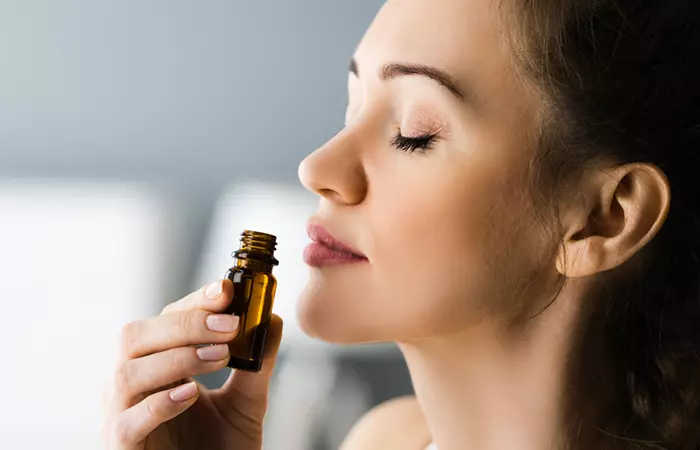
The pleasant fragrance of camphor oil may provide sensory relief. It also has therapeutic benefits when used topically. It can relieve itching, dryness, and discomfort associated with atopic dermatitis (8).
14. Witch Hazel Oil
Bug bites, inflammation, itching, acne – a bottle of witch hazel is a traditional home remedy for almost all skin-related issues. Witch hazel bark contains 10% tannins, giving it its astringenti The property that helps draw out water from the tissues, causing them to shrink and dry up secretions. properties, while the leaves contain proanthocyanidins and ellagitannins. It works as an antibacterial agent that can alleviate acne and inflammation. It also contains polyphenolsi A naturally occurring plant micronutrient that can benefit your skin because of its antioxidant and anti-inflammatory properties. and has antioxidant properties to soothe irritated skin (9).
 Trivia
TriviaUnlike other plant oils, you cannot (and should not) apply essential oils directly to your skin. These plant extracts are highly concentrated and may irritate the skin and aggravate your condition. You need to dilute them in the right proportion. Find out how in the next section.
How To Use Essential Oils For Itch Relief
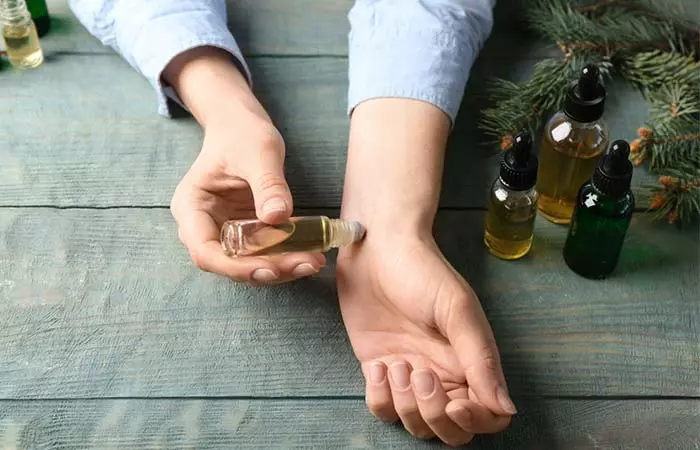
Dilute essential oils with any carrier oil before application. You can use any plant oil like avocado, sesame, coconut, olive, sweet almond, and jojoba oils.
A 1% dilution is recommended for facial application or long-term use. In case you plan to use essential oils quite often, follow this measurement:
| Carrier Oil | Essential Oil |
| 10 ml or 2 teaspoons | 3 drops |
| 15 ml or 3 teaspoons | 4 drops |
| 30 ml or 2 tablespoons (6 teaspoons) | 9 drops |
A 2% dilution is good for spot treatments or for whole-body application.
| Carrier Oil | Essential Oil |
| 10 ml or 2 teaspoons | 6 drops |
| 15 ml or 3 teaspoons | 9 drops |
| 30 ml or 2 tablespoons (6 teaspoons) | 18 drops |
Before using, do a patch test to check for allergic reactions. Always start with the lowest concentration of essential oil. Massage the affected area with the oil blend and leave it on for at least 15 minutes before washing it off. You can leave it overnight if your skin feels fine. Avoid going outside in the sun after applying essential oils as some oils (like citrus oils) can cause photosensitivity.
Here are a few tips to ensure safe application.
Safety Tips For Using Essential Oils
- Do not apply essential oils on every body part, especially around the eyes, nose, mouth, and private parts. Also, be extra cautious with lemongrass and peppermint oils.
- Before buying one, check the quality. Buy from trusted brands to ensure you get 100% pure oils. Some brands may dilute the solution with vegetable oils and mix other ingredients in essential oils, which may cause allergic reactions.
- Do not go by the buzzwords like “pure” and “safe.” Essential oils can cause allergic reactions. So, always do a patch test before using any of them.
- Essential oils get rancid and expire. Always store them in a cool and dark place in dark glass bottles and never use the ones that are over three years old.
- Do not experiment with essential oils. Some oils are good for oral use but may cause allergic reactions when used topically and vice versa. Always ensure that the oil you are buying is safe for topical use.
- Some essential oils like peppermint and eucalyptus oils may interfere with prescription medication and influence how your body absorbs the medication. If you are on a prescription drug, consult the doctor before using essential oils.
- Do not use essential oils too often as it may cause a bad reaction.
- Avoid using essential oils if you are pregnant or lactating. It is yet not clear if essential oils can affect the unborn baby. To be on the safe side, talk to your doctor before using them.
Always consult a doctor if you experience any reactions. Check out the risk factors below.
Side Effects And Risks Of Using Essential Oils For Itch Relief
Essential oils can cause mild to severe side effects. They include:
- Irritation and burning sensation
- Breathing issues (if you have a sensitive nose or asthma)
- Headache (due to the potent fragrance)
- Redness
- Rashes
- Hives
- Itching
Infographic: Top 10 Essential Oils For Itching
Skin itching can be bothersome and annoying. Pollution and toxins in the environment are the major culprits. The best natural skin-calming products are essential oils that include natural ingredients. These oils are well known for treating symptoms like inflammation, redness, and itching. There are a number of essential oils that can help relieve itchy skin. Check out the infographic below to learn more. Illustration: StyleCraze Design Team
You can experience itching due to dry skin, allergies, insect bites, or an underlying medical condition. You can use several essential oils for itching that provide relief. Essential oils such as peppermint, patchouli, tea tree, or lemongrass essential oils have anti-inflammatory properties that help reduce itching and inflammation. Ensure that you dilute the essential oil with a carrier oil before application to avoid any side effects such as rashes, burning, irritation, redness, or breathing issues. If you experience any of these symptoms, stop using the oils immediately and consult your doctor.
Frequently Asked Questions
Can you mix too many essential oils together?
While there is currently no restriction to mixing too many essential oils, it is best to practice caution while mixing them as they may cause an allergic reaction.
Can I mix lavender and peppermint essential oils?
Yes, you can mix a few drops of lavender and peppermint essential oils to help improve sleep quality (10).
Which essential oils should never be mixed together?
You should ideally avoid mixing citrus oils as they may cause photosensitivity (an unusual reaction to the sun).
Illustration: Essential Oils For Itching And How To Use Them
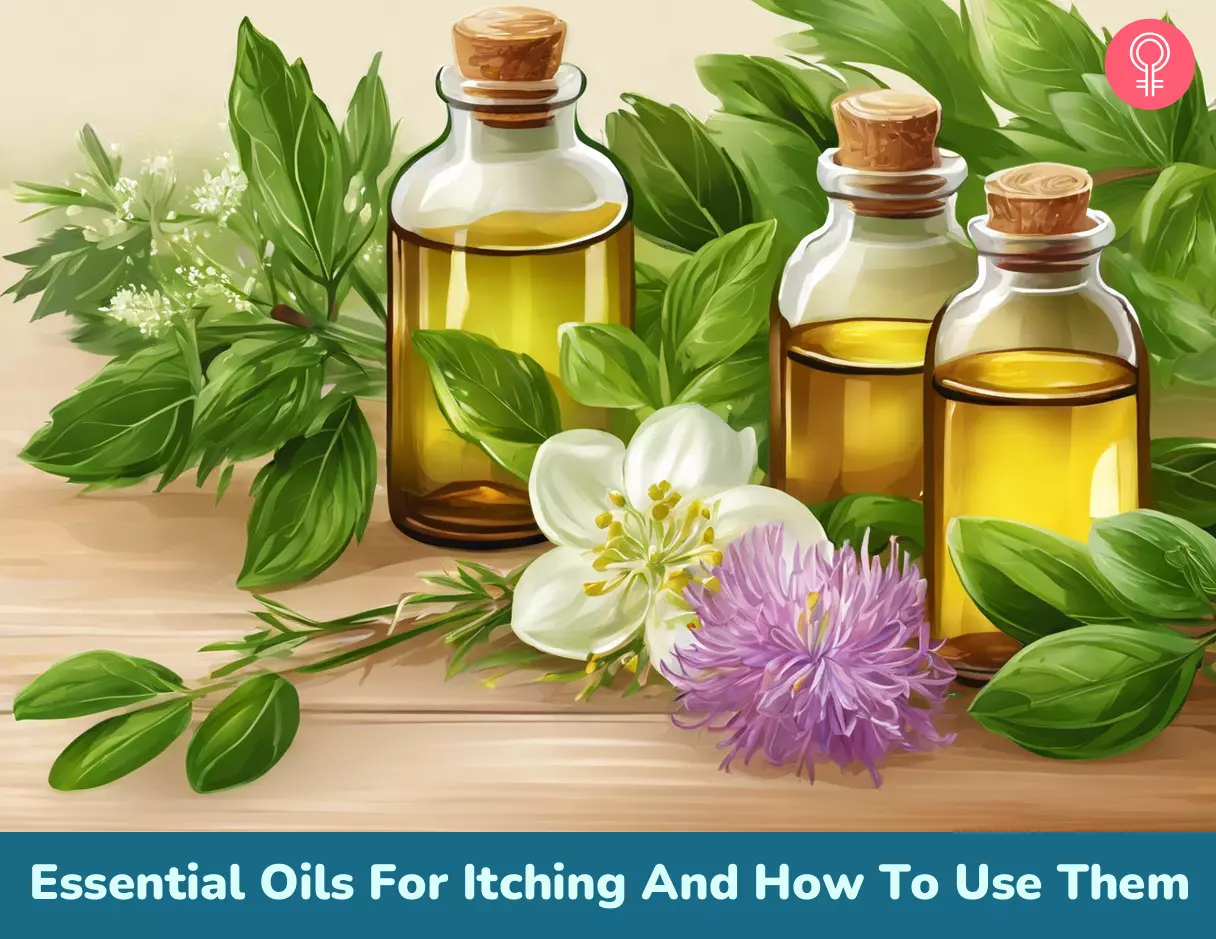
Image: Stable Diffusion/StyleCraze Design Team
Discover the top 5 essential oils that can provide relief from itching today! Click on this video to know how to use them to soothe itchy skin.
Personal Experience: Source
StyleCraze's articles are interwoven with authentic personal narratives that provide depth and resonance to our content. Below are the sources of the personal accounts referenced in this article.
i. Our Essential Oils for Hives Storyhttps://handfulofacorns.wordpress.com/2014/09/05/our-essential-oils-for-hives-story/
References
Articles on StyleCraze are backed by verified information from peer-reviewed and academic research papers, reputed organizations, research institutions, and medical associations to ensure accuracy and relevance. Read our editorial policy to learn more.
- Effectiveness of topical peppermint oil on symptomatic treatment of chronic pruritus
https://www.ncbi.nlm.nih.gov/labs/pmc/articles/PMC5066694/ - Chamomile: A herbal medicine of the past with bright future
https://www.ncbi.nlm.nih.gov/pmc/articles/PMC2995283/ - Melaleuca alternifolia (Tea Tree) Oil: a Review of Antimicrobial and Other Medicinal Properties
https://www.ncbi.nlm.nih.gov/pmc/articles/PMC1360273/ - Commercial Essential Oils as Potential Antimicrobials to Treat Skin Diseases:
https://www.ncbi.nlm.nih.gov/pmc/articles/PMC5435909/ - Efficacy of bergamot: From anti‐inflammatory and anti‐oxidative mechanisms to clinical applications as preventive agent for cardiovascular morbidity, skin diseases, and mood alterations:
https://www.ncbi.nlm.nih.gov/pmc/articles/PMC6392855/ - Commiphora myrrha inhibits itch-associated histamine and IL-31 production in stimulated mast cells:
https://www.ncbi.nlm.nih.gov/pmc/articles/PMC6676196/ - A Comprehensive Review on the Phytochemical Constituents and Pharmacological Activities of Pogostemon cablin Benth.: An Aromatic Medicinal Plant of Industrial Importance:
https://www.ncbi.nlm.nih.gov/pmc/articles/PMC6272783/ - Cinnamomum camphora Leaves Alleviate Allergic Skin Inflammatory Responses In Vitro and In Vivo
https://www.ncbi.nlm.nih.gov/labs/pmc/articles/PMC6629446/ - Antioxidant and potential anti-inflammatory activity of extracts and formulations of white tea, rose, and witch hazel on primary human dermal fibroblast cells
https://www.ncbi.nlm.nih.gov/labs/pmc/articles/PMC3214789/ - Comparing the effect of aromatherapy with peppermint and lavender on the sleep quality of cardiac patients: a randomized controlled trial
https://sleep.biomedcentral.com/articles/10.1186/s41606-020-00047-x
Read full bio of Dr. Nermeen Bedair
Read full bio of Ramona Sinha
Read full bio of Anjali Sayee
Read full bio of Shiboli Chakraborti







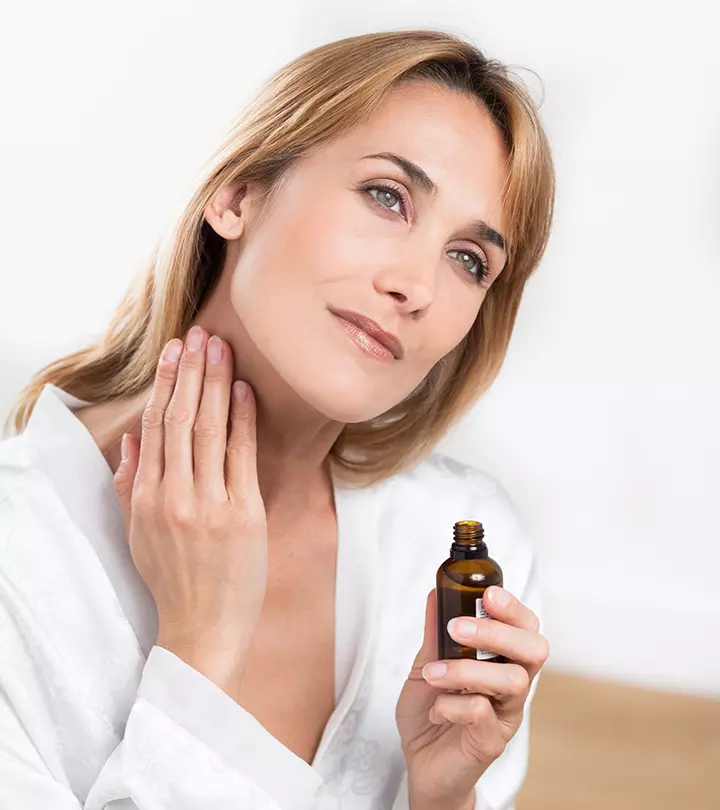

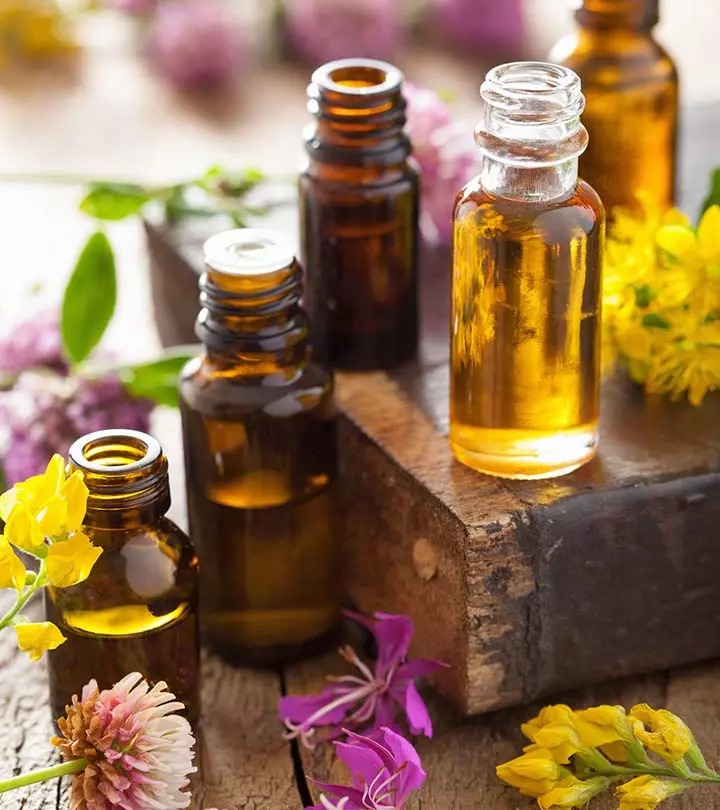
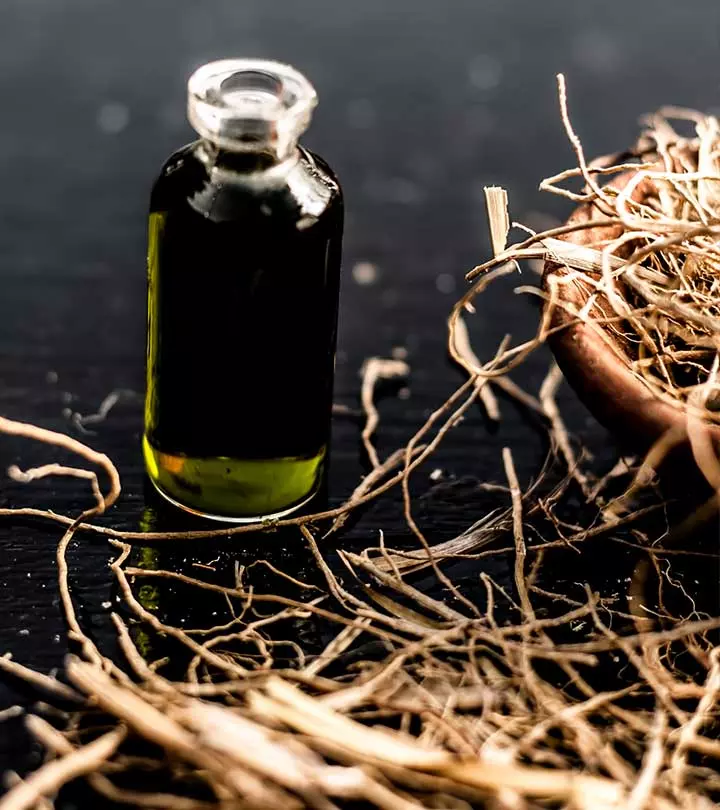
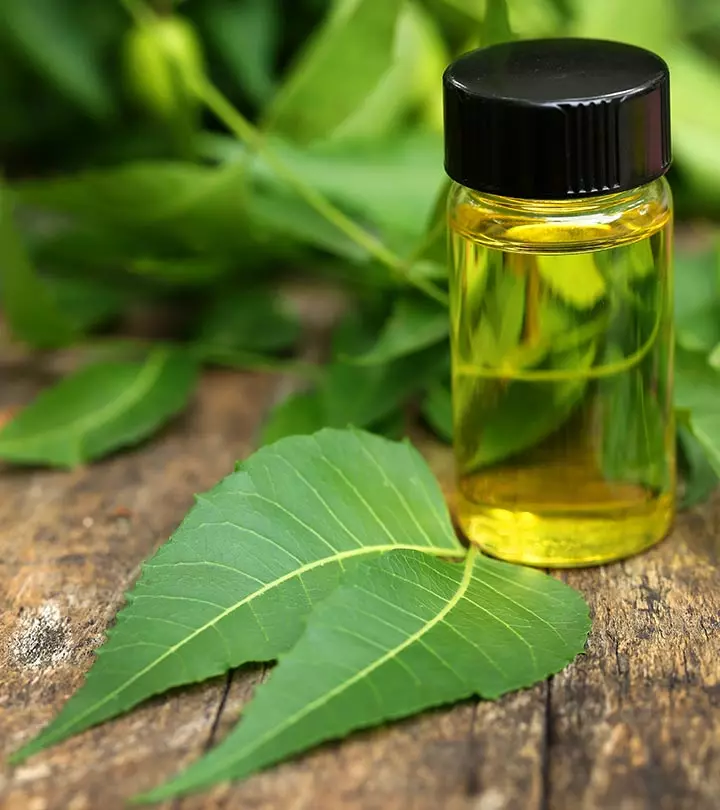
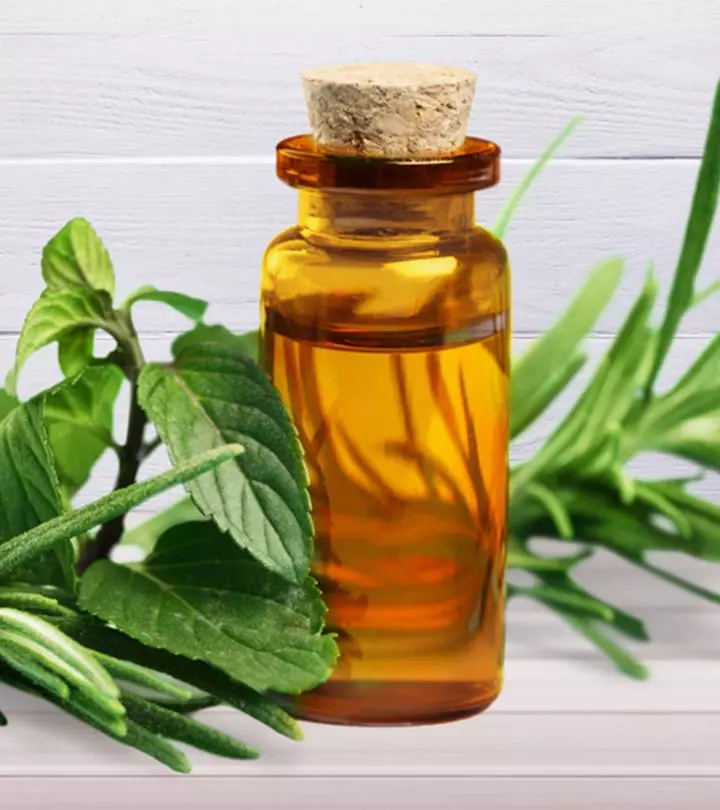

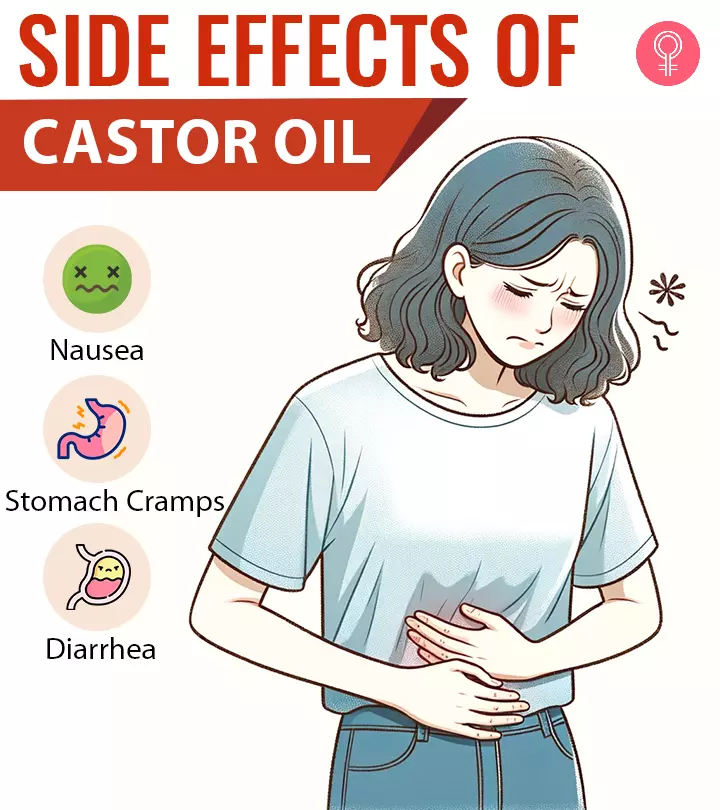
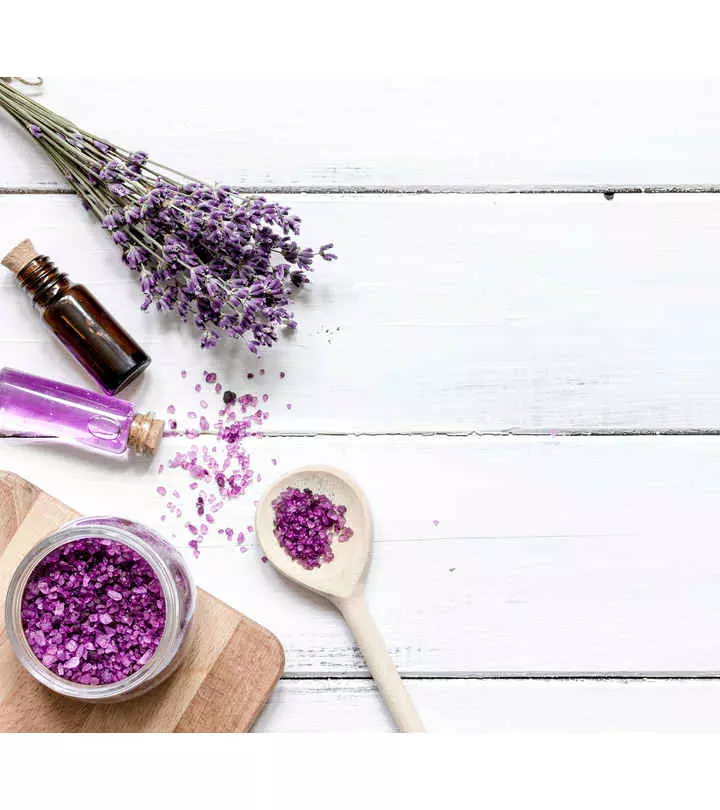

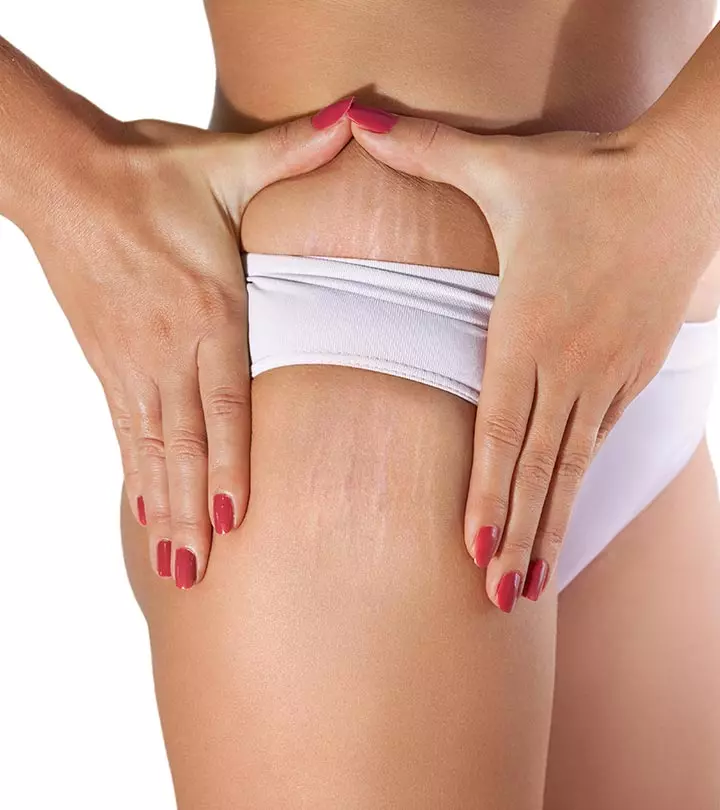
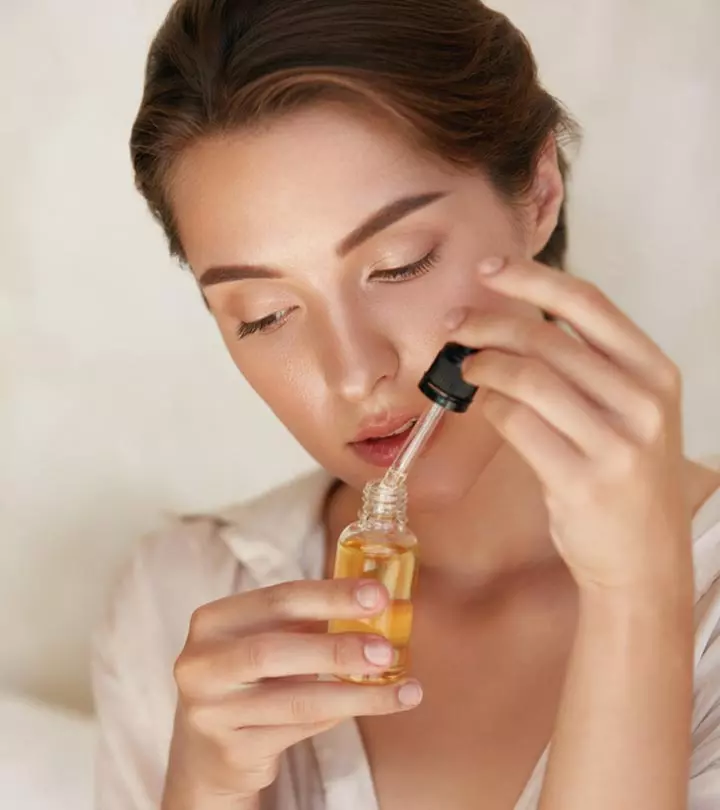

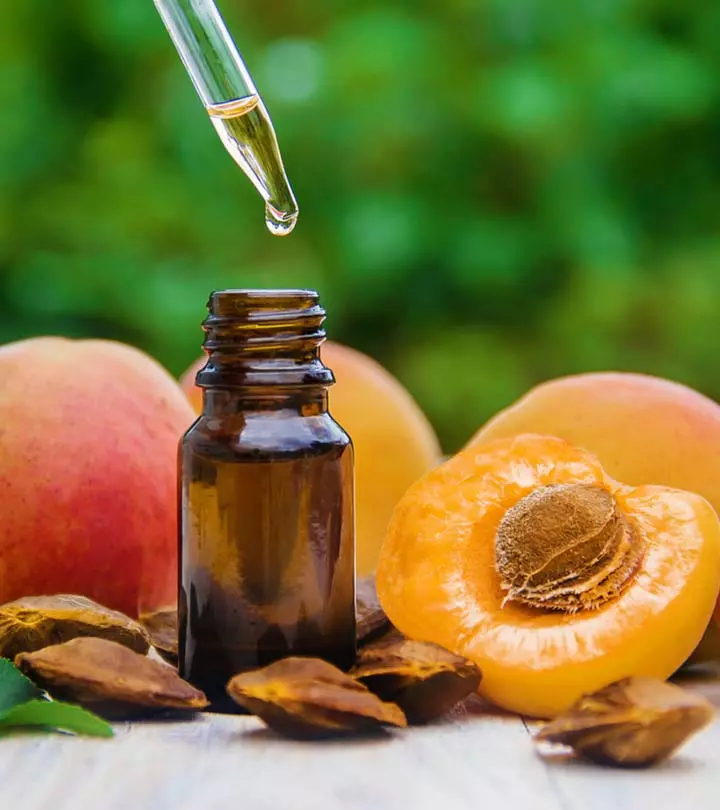
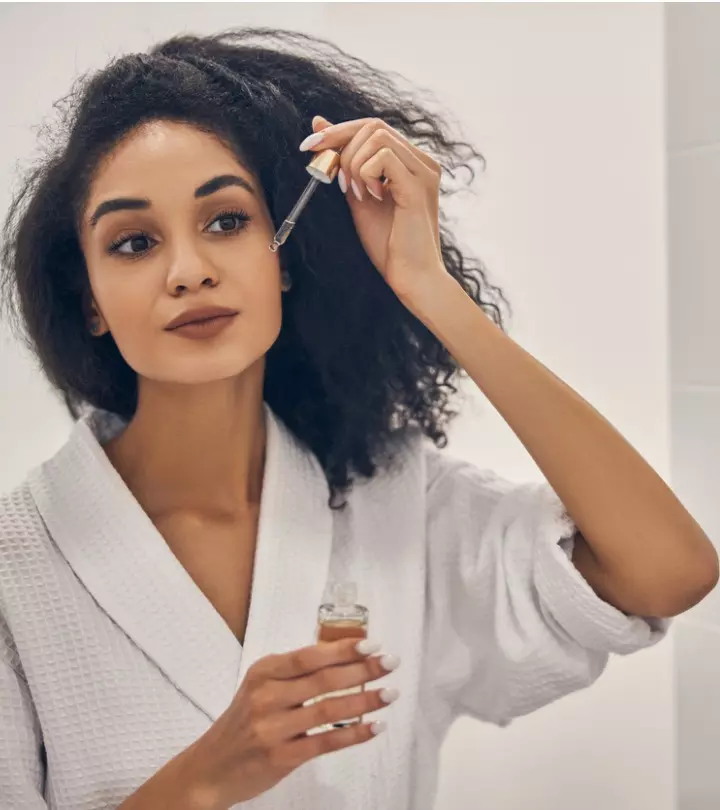
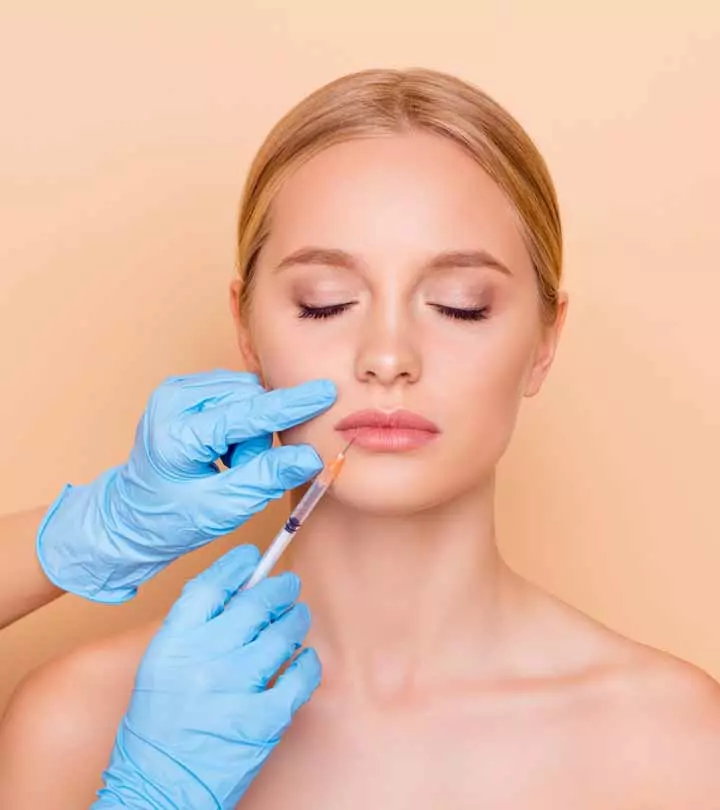
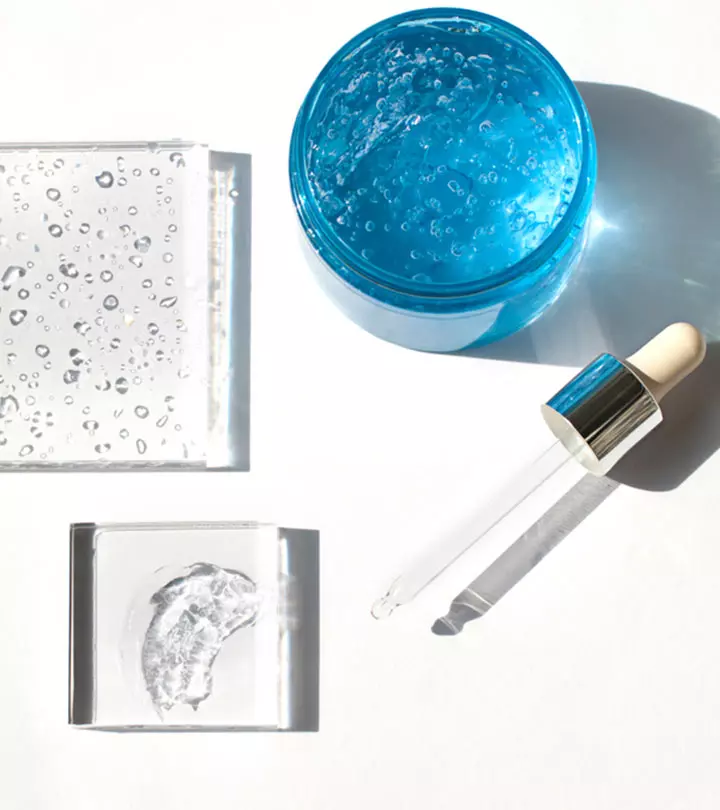

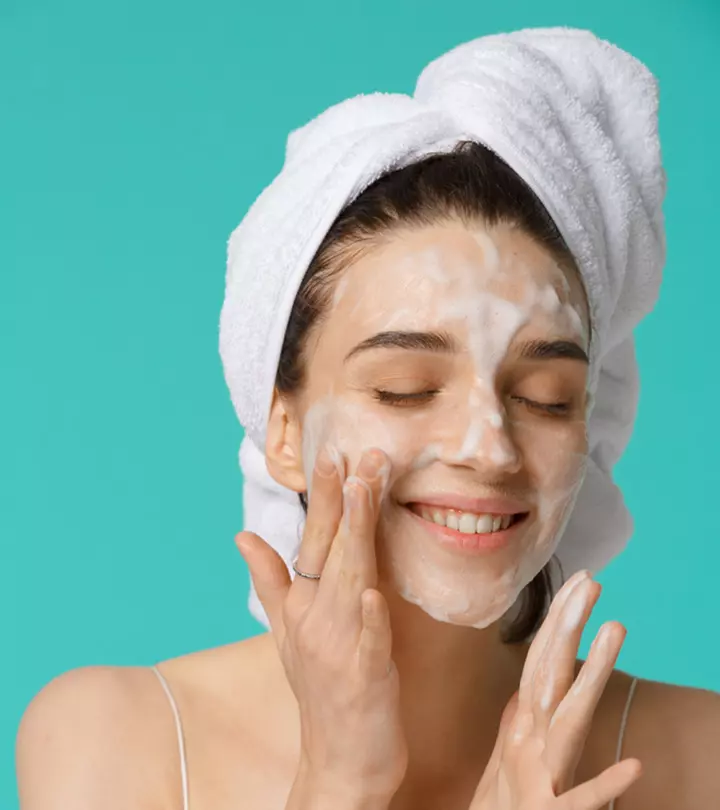
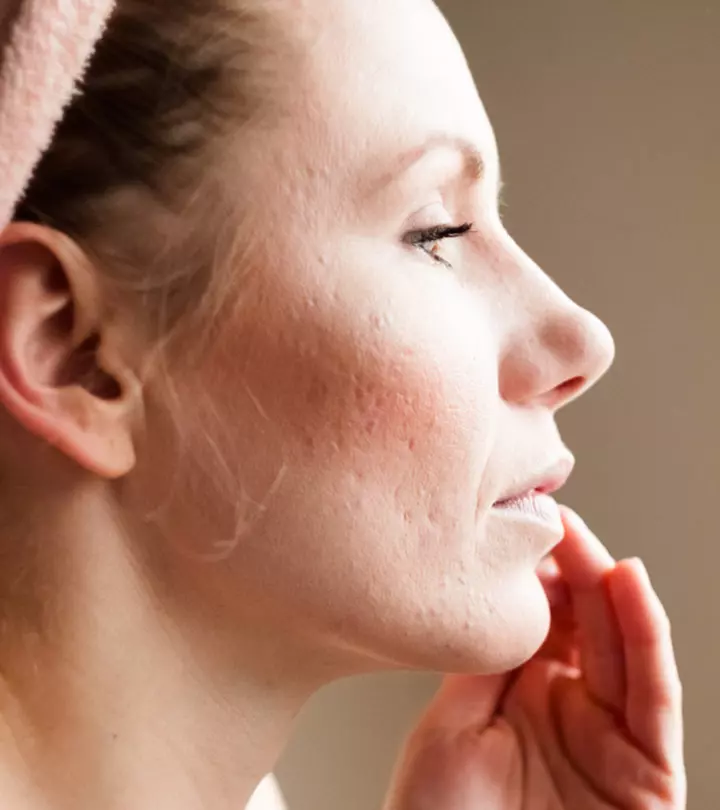
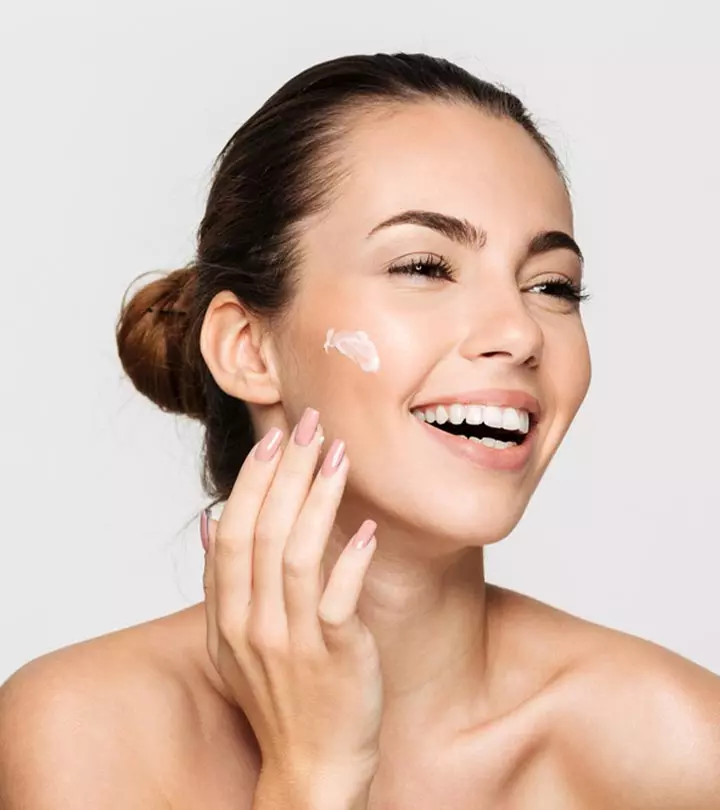
Community Experiences
Join the conversation and become a part of our empowering community! Share your stories, experiences, and insights to connect with other beauty, lifestyle, and health enthusiasts.